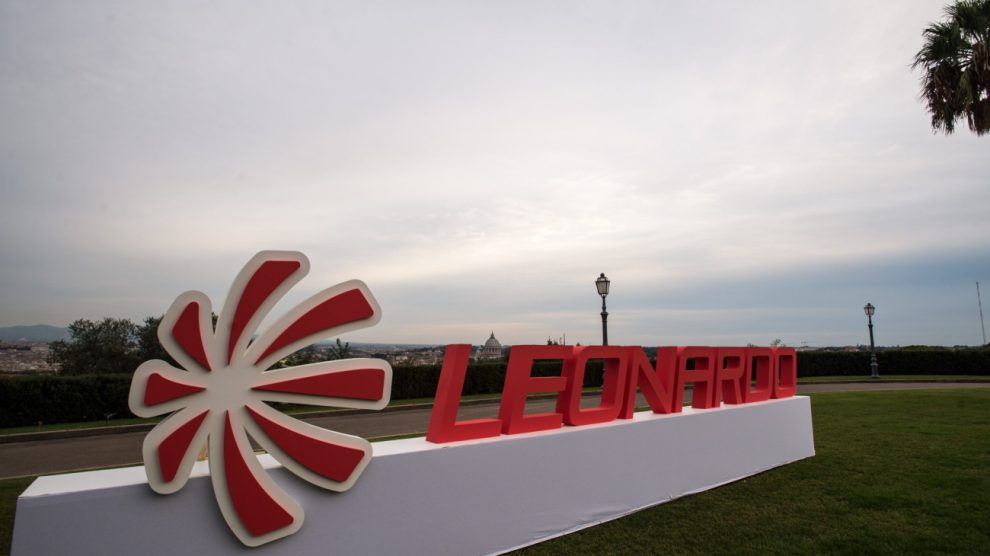State of negotiations. Initiated mid-2024, the talks aim to consolidate Europe’s satellite sector. French media report targeted meetings among the three companies’ leadership, though Paris has cautioned against premature conclusions.
- “No agreement has been reached at this stage. We are continuing our work. Any further comment would be premature,” Thales stated.
- Leonardo has so far refrained from issuing an official position.
Why it matters. The ambition is to establish a single European player with an estimated value of €10 billion, capable of competing with major U.S. constellations such as Starlink.
- As Airbus Executive Chairman Guillaume Faury underlined, the alliance must ensure “growth in scale and speed” to meet intensifying American competition.
EU focus: Cingolani’s line. Leonardo’s CEO, Roberto Cingolani, has repeatedly stressed that without collective European action, the continent risks irrelevance in defence and space.
- Speaking recently at the opening of the National School of Administration’s advanced program, he highlighted that Europe invests roughly €20 billion annually in platforms, compared to $250 billion in the United States.
- “Coordinating alliances between industry and the state is the only viable strategy to compete in a context dominated by satellite constellations and global interconnections.”
- The message is unequivocal: Europe will remain fragmented absent a genuine leap in scale and effective public–private cooperation.
What model for the alliance? The most delicate issue concerns governance: equity shares, workshare, export rules, and leadership roles.
- European industrial history offers two potential frameworks:
- MBDA (2001): Airbus 37.5%, BAE 37.5%, Leonardo 25%. A formula that ensured stability and balance in the missile sector.
- GCAP (2022): An equal partnership among Italy, the United Kingdom and Japan (33% each), despite differences in industrial size and turnover.
- The key question is whether Leonardo will propose a parity-based arrangement similar to GCAP.
The bottom line. The central uncertainty lies in whether French industrial stakeholders are willing to accept a diminished role in the interest of deeper European integration.





